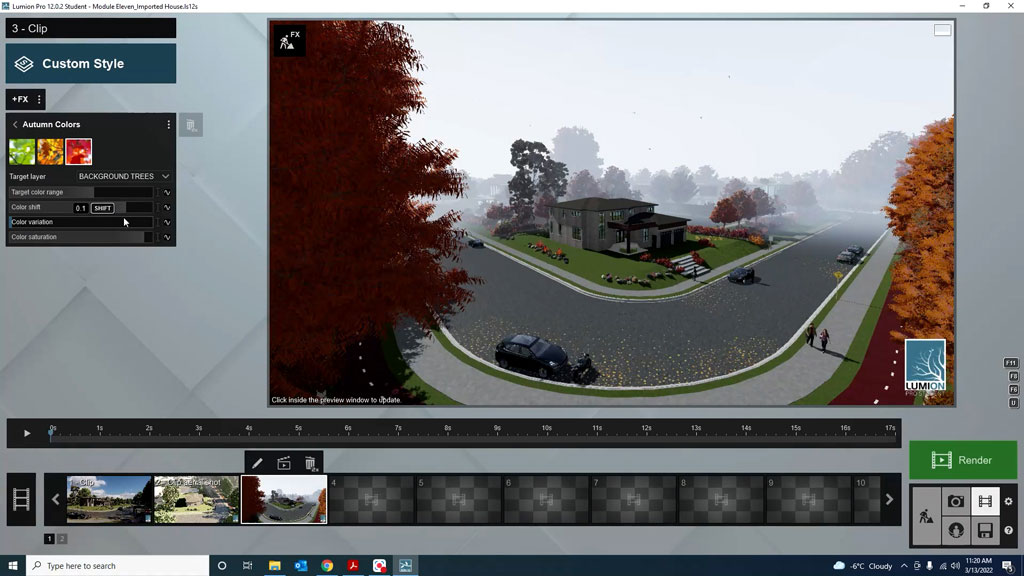After what its developer and its principal instructor describes as, “many months of hard work and careful planning,” Mohawk College in Hamilton, Ont. is ready to unveil its 3D Visualization for the Built Environment micro-credential.
To be taught by part-time professor and municipal zoning examiner Tage Crooks, the program is designed to provide students with skills development in BIM, 3D Rendering Tools, GIS, Digital Twins and Virtual Reality/3D printing applications for design, presentation, construction and ongoing operations and maintenance of buildings and spaces.
According to the course content description, “3D Visualization has revolutionized the way buildings and spaces are designed, constructed, operated and maintained. Evaluating how and where to employ it efficiently and successfully is an emerging in-demand skill set.”
“If a picture is worth a thousand words, 3D models and VR/AR is the next step in the architectural, engineering and construction,” says Crooks, a zoning examiner with the City of Mississauga.
Tentatively scheduled to start sometime in the new year, the 3D Visualization program is a stacked micro-credential comprised of five individual micro-credentials, says Janet Shuh, the college’s dean of continuing education and academic development.
Each of the five micro-credentials can be completed in less than 12 weeks compared to the one to two years it usually takes continuing education students to complete stacked micro-credential programs, she says.
A part-time faculty member of the college’s school of engineering, technology and aviation, Crooks was selected to develop and deliver the program because of his experience in BIM and professional expertise as a municipal urban planner, says Shuh.
Delivering the program will be through a combination of asynchronous, or at the student’s own pace, online learning supplemented by scheduled online learning. The 36-hour-equivalent for each course has been designed with “ultimate flexibility” in which the students will progress through at their speed.
However, they will be given the opportunity to connect with the college’s industry expert facilitators for one hour per week sessions for approximately 10 hours, she says.
In explaining the concept of micro-credentials, Shuh says they are “short-burst learning modules, whether individual or stacked. They are flexible and can be undertaken to reskill into a new career or up-skill with in-demand skills in a current job.”
In 2021, the college began exploring and developing micro-credentials to respond to the needs of industry across a range of sectors, including the construction, architectural, engineering and related professions. Those efforts included co-hosting a micro-credential forum in partnership with its education partners and the City of Hamilton.
It now offers 22 different micro-credentials in a variety of programs and more are in development, although none of those are specifically geared to the construction and related industries, she says.
Many post-secondary institutions in Ontario, Canada and abroad are developing and delivering micro-credentials, says Shuh, noting community colleges are well positioned to deliver this type of education via their applied nature of college learning, and close relationships with industry and employers.











Recent Comments
comments for this post are closed